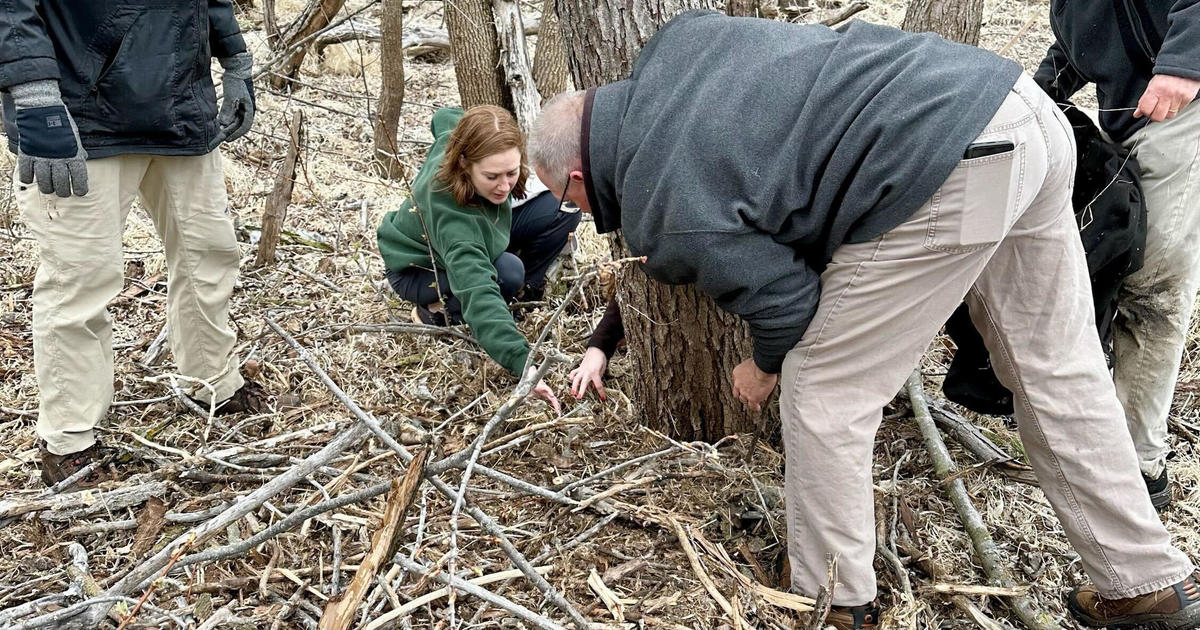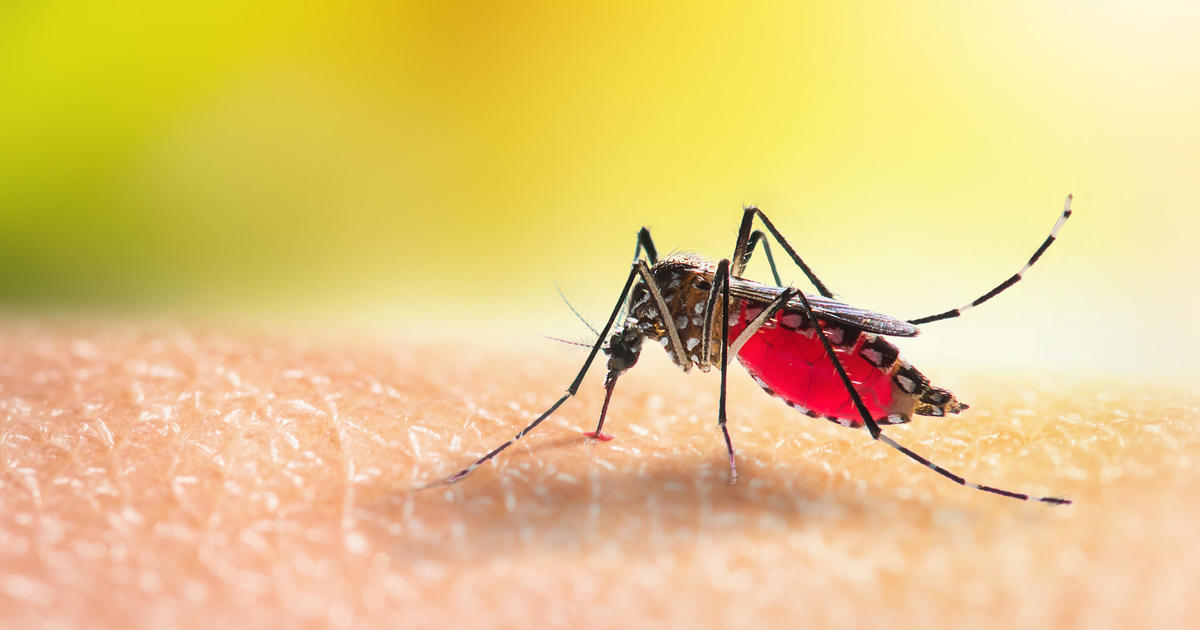West Nile Virus Season Has Arrived
MINNEAPOLIS (WCCO) -- This cold and rainy weather may be reminiscent of autumn, but it is time to think about mosquitoes.
This is the time of year when most cases of West Nile Virus are reported.
The Minnesota Department of Health says West Nile was found in four Minnesotans who donated blood over the summer.
While most people will not get sick from the virus, it can sometimes be life threatening.
"Severe headaches, that's the main complaint I hear from folks, the worst headaches they've ever had," MHD's Dave Neitzel said.
The disease is spread by mosquitoes that bite birds, and then later in the summer, bite us. That breed of mosquito is not the most common around here, but they are around.
"They're the ones that are really good at biting birds and then turning around and biting people or large mammals later in the season, so they're the ones that move the virus from birds into people," Metropolitan Mosquito Control's Mike McLean said.
If you do get bitten by a mosquito carrying the West Nile virus, there is a good chance your body will fight it naturally, and you will become immune for life.
"When people are bitten by mosquitoes carrying the virus, luckily about 75 percent of people are able to fight off the virus without any symptoms whatsoever," Neitzel said. "And almost everybody else gets what we call 'West Nile fever' -- bad headache, bad fever."
There have been cases in Minnesota, however, where a West Nile infection has led to death.
"Only about one out of every 150 people get the more life-threatening encephalitis and meningitis, and that tends to be older folks," Neitzel said. "This is a disease that affects grandma and grandpa more than the kids."
This summer has not been too hot, so the Metro Mosquito Control folks say this fall may not be too bad for West Nile.
"Historically, over the last 10, 12 years, there's a real variation," McLean said. "You can have anywhere from two or three cases in the whole state to 100, 150 cases in the whole state, so very difficult to predict."
If you want to avoid those West Nile numbers, the health department says use bug spray, wear long pants and perhaps even long sleeves.



